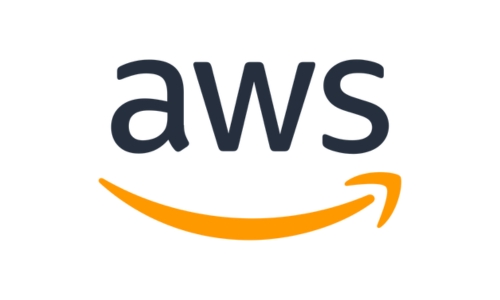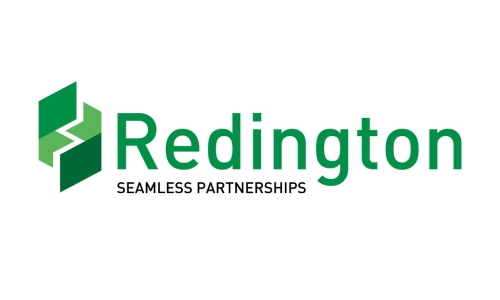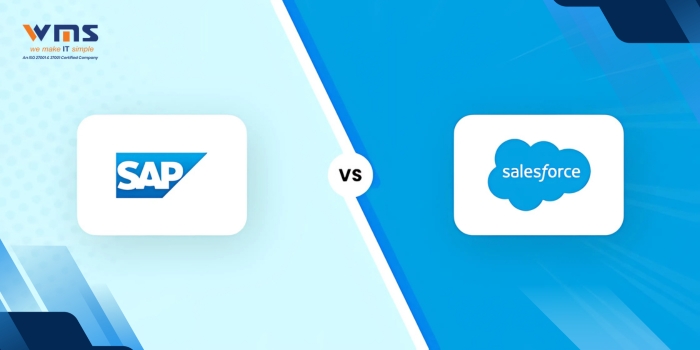When it comes to managing customer relationships, businesses rely heavily on Customer Relationship Management (CRM) software. Two of the most popular options are SAP and Salesforce. Both platforms offer powerful tools to help businesses manage sales, customer service, and marketing. But how do you decide which one is the right fit for your business? In this article, we’ll explore their features, differences, and what to consider when making your choice.
What is SAP CRM?
SAP CRM is part of SAP’s larger suite of enterprise software. It is designed to provide end-to-end solutions for managing customer relationships. SAP CRM integrates seamlessly with other SAP products, making it ideal for businesses already using SAP’s ERP (Enterprise Resource Planning) or other tools.
Key Features of SAP CRM:
- Integration with SAP ERP: Helps unify customer and operational data.
- Customizable: Offers extensive options for tailoring the platform to your business needs.
- Industry-Specific Solutions: Tailored solutions for industries like manufacturing, retail, and healthcare.
- Advanced Analytics: Provides insights through robust reporting and analytics tools.
- On-Premise and Cloud Options: Flexibility in deployment.
What is Salesforce?
Salesforce is a cloud-based CRM platform known for its ease of use and innovative features. It is widely adopted across industries and is particularly popular among small and medium-sized businesses (SMBs) due to its scalability and user-friendly interface.
Key Features of Salesforce:
- Cloud-Based: No need for heavy IT infrastructure.
- Salesforce AppExchange: Offers thousands of third-party apps for additional functionality.
- AI-Powered Insights: Includes Einstein AI for predictive analytics and automation.
- Mobile-Friendly: Excellent mobile apps for on-the-go access.
- User-Friendly Interface: Designed for ease of use with minimal training.
SAP vs Salesforce: A Detailed Comparison
1. Ease of Use
- SAP: Has a steeper learning curve due to its complex interface, especially for new users.
- Salesforce: Known for its intuitive and user-friendly design, making it easier for teams to adapt.
2. Customization
- SAP: Highly customizable, allowing businesses to tailor the platform to their needs, but requires technical expertise.
- Salesforce: Also customizable but easier to manage through its drag-and-drop tools and AppExchange marketplace.
3. Integration
- SAP: Best for businesses already using SAP ERP or other SAP tools.
- Salesforce: Offers extensive integration options through APIs and third-party apps, making it versatile.
4. Cost
- SAP: Pricing varies depending on the level of customization and deployment (on-premise or cloud). Typically higher upfront costs.
- Salesforce: Subscription-based pricing with different plans, offering flexibility for businesses of all sizes.
5. Analytics and AI
- SAP: Robust analytics tools, especially when integrated with other SAP products.
- Salesforce: Einstein AI offers advanced predictive analytics and automation.
6. Industry Focus
- SAP: Strong in industries like manufacturing, healthcare, and retail due to its industry-specific solutions.
- Salesforce: Broad appeal across industries, particularly strong in sales, marketing, and customer service.
Pros and Cons of Each Platform
SAP CRM:
Pros:
- Strong integration with SAP ecosystem.
- Industry-specific solutions.
- High scalability.
Cons:
- Steeper learning curve.
- Higher upfront costs.
- Less suitable for small businesses.
Salesforce:
Pros:
- Easy to use.
- Flexible pricing.
- Strong third-party app ecosystem.
Cons:
- May lack depth in industry-specific needs.
- Heavy reliance on cloud infrastructure.
Factors to Consider When Choosing
- Business Size and Industry: If you’re a large enterprise with complex needs, SAP might be better. For SMBs or companies needing quick deployment, Salesforce is a great choice.
- Budget: Consider both initial and ongoing costs. SAP often has higher upfront costs, while Salesforce offers subscription-based pricing.
- Existing Tools: If your business already uses SAP products, integration is smoother with SAP CRM. Otherwise, Salesforce’s flexibility might be more appealing.
- User Skill Level: Salesforce is easier for new users, while SAP may require more training.
- Deployment Preference: If you prefer on-premise solutions, SAP provides that option, whereas Salesforce is entirely cloud-based.
Conclusion
Both SAP and Salesforce are excellent CRM platforms, but they cater to different needs. SAP CRM is ideal for businesses deeply embedded in the SAP ecosystem or those requiring robust industry-specific solutions. Salesforce, on the other hand, stands out for its ease of use, flexibility, and innovation, making it a popular choice across a wide range of industries.
When choosing between SAP and Salesforce, consider your business size, industry, budget, and existing tools. Taking the time to evaluate these factors will help you make the right decision for your business.
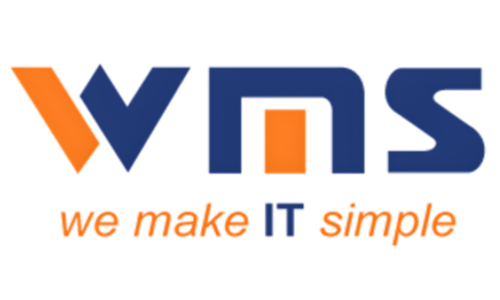
 RISE with SAP
RISE with SAP GROW with SAP
GROW with SAP SAP Business One
SAP Business One SAP Business ByDesign
SAP Business ByDesign SAP SuccessFactors
SAP SuccessFactors SAP Ariba
SAP Ariba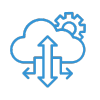 SAP Sales Cloud
SAP Sales Cloud SAP Concur
SAP Concur SAP Business Technology Platform
SAP Business Technology Platform SAP Analytics Cloud
SAP Analytics Cloud SAP Signavio
SAP Signavio SAP Business One FASHION
SAP Business One FASHION SAP Business One PAYROLL
SAP Business One PAYROLL SAP Business One PDC
SAP Business One PDC SAP Business One PDT
SAP Business One PDT Sap Business One REAL ESTATE
Sap Business One REAL ESTATE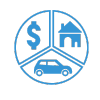 SAP Business One RENTAL
SAP Business One RENTAL
